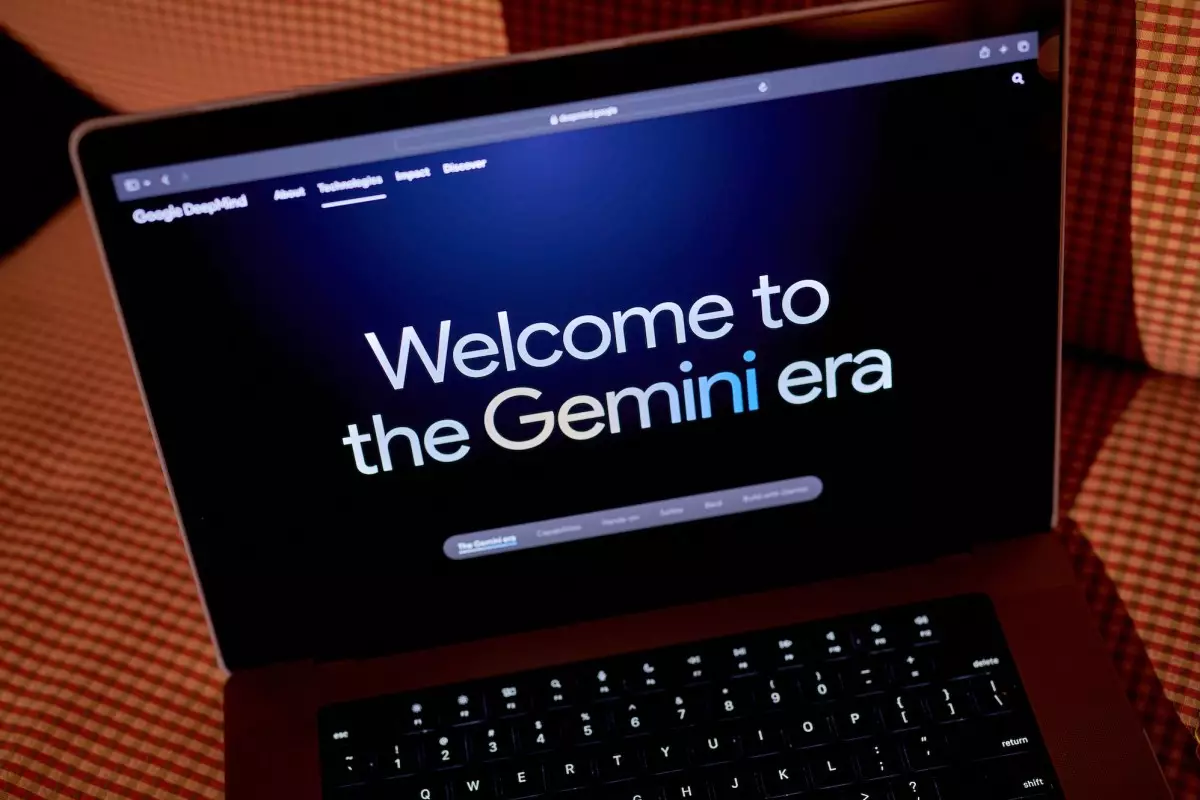The landscape of internet traffic is undergoing a seismic shift as artificial intelligence (AI) platforms rapidly increase their influence on how users access information. While Google Search remains the dominant gateway, recent data reveals that AI-driven referrals are expanding at an astonishing rate. With a growth of over 357% within a year, AI platforms generated more than 1.13 billion visits to the top 1,000 websites in June 2025. This meteoric rise underscores AI’s growing prominence as a source of web traffic—yet it also highlights a potential challenge: the traditional search engine giant, Google, still commands absolute dominance with 191 billion referrals in the same period. This disparity suggests that, although AI is making significant inroads, it remains secondary in directing the vast majority of online activity.
Implications for News and Media: A Disruptive Tide
The media industry faces an unprecedented upheaval as AI summaries influence user behavior profoundly. AI overviews, which distill complex news into digestible snippets, are reshaping how consumers access information. For publishers already struggling with declining traffic, this phenomenon compounds existing difficulties. The notion of “Google Zero”—a future when Google’s traffic flow diminishes to near zero—becomes more tangible. Recent reports indicate that AI-generated summaries are replacing traditional link clicks, leading to fewer referrals for news outlets. For instance, data from Pew Research suggests that when AI summaries appear beforehand, users are significantly less inclined to click through to the original articles—nearly halving click rates from 15% to 8%. Such figures hint at a future where AI may keep users within a closed ecosystem, reducing their need to visit publisher sites altogether.
The disparity among news sites in their exposure to AI referrals is notable. Major outlets like Yahoo and Reuters are capitalizing on AI traffic, while others such as The New York Times may be limiting access to AI platforms to protect their content rights. Legal disputes, like the lawsuit between The New York Times and OpenAI, exemplify how traditional publishers are wary of AI’s use of their proprietary material, which could influence the type and volume of referrals these sites receive in the future.
Broader Trends: AI as a New Traffic Paradigm
This paradigm shift isn’t confined solely to news outlets. Major categories like e-commerce, technology, and social media are experiencing the influence of AI referrals, which are beginning to rival traditional search and direct traffic. Amazon leads e-commerce referrals with millions of visits, demonstrating that AI assistance may soon become a standard part of the consumer journey in shopping—potentially influencing buying decisions more heavily than ever before.
Within the realm of social platforms and search engines, giants like Google, Reddit, and Facebook continue to dominate referral traffic, but the numbers suggest a rising footprint of AI influences. ChatGPT remains the predominant source of AI-driven traffic, accounting for over 80% of AI referrals to well-known domains. This concentration indicates that, while AI’s reach is expanding, it’s currently dominated by a limited set of platforms and models. Nonetheless, the rapid growth indicates a future where AI could reshape the very fundamentals of how users find and engage with content.
The interaction between AI and traditional websites also raises critical questions about the future of digital economy models and content creators. Will we see a shift towards AI-managed ecosystems that favor certain platforms over others? And what will this mean for smaller publishers or niche websites that rely heavily on organic search traffic? The ongoing battles over content rights and access further complicate the landscape, making it clear that the AI-led era will be politically and economically contentious.
Final Thoughts: An Unforgiving Reality or a New Dawn?
The rise of AI referrals is not a trend to be dismissed but a transformative force that challenges the foundational principles of digital engagement. While Google remains the reigning king, the surge of AI-driven traffic indicates a shift toward more personalized, consolidated, and dynamic pathways for users. For content creators and publishers, embracing this change—not resisting it—could be the key to survival in an evolving landscape. Conversely, those who cling to old methods risk obsolescence as AI continues to carve out its territory. Whether AI becomes a complementary tool or the primary mode of navigation depends on how stakeholders adapt, innovate, and regulate in the coming years—an era where intelligence, both human and artificial, will define the future of the web.

